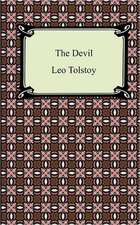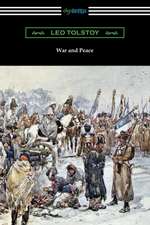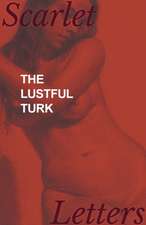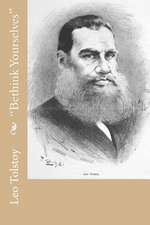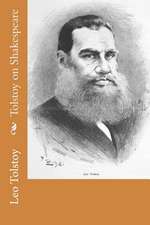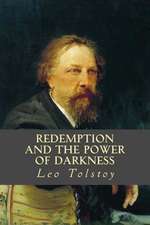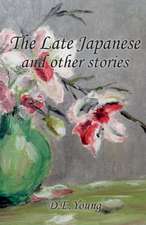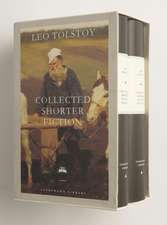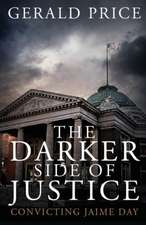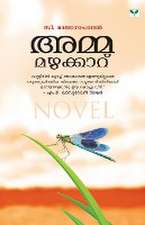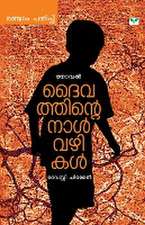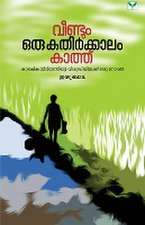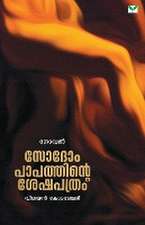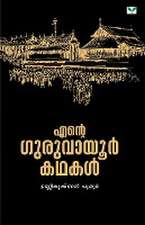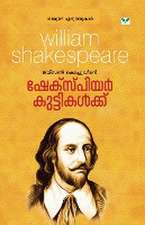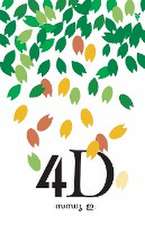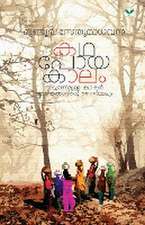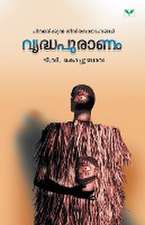Leo Tolstoy
Autor Leo TolstoyPaperback – mai 2013
| Toate formatele și edițiile | Preț | Express |
|---|---|---|
| Paperback (3) | 81.60 lei 43-57 zile | |
| Green Books Publisher – mai 2013 | 81.60 lei 43-57 zile | |
| Green Books Publisher – apr 2013 | 89.37 lei 43-57 zile | |
| Green Books Publisher – dec 2004 | 139.73 lei 43-57 zile |
Preț: 81.60 lei
Nou
Puncte Express: 122
Preț estimativ în valută:
15.62€ • 16.97$ • 13.13£
15.62€ • 16.97$ • 13.13£
Carte tipărită la comandă
Livrare economică 21 aprilie-05 mai
Preluare comenzi: 021 569.72.76
Specificații
ISBN-13: 9789380884707
ISBN-10: 9380884702
Pagini: 82
Dimensiuni: 140 x 216 x 5 mm
Greutate: 0.12 kg
Editura: Green Books Publisher
ISBN-10: 9380884702
Pagini: 82
Dimensiuni: 140 x 216 x 5 mm
Greutate: 0.12 kg
Editura: Green Books Publisher
Notă biografică
The novel is set 60 years before Tolstoy's day, but he had spoken with people who lived through the 1812 French invasion of Russia. He read all the standard histories available in Russian and French about the Napoleonic Wars and had read letters, journals, autobiographies and biographies of Napoleon and other key players of that era. There are approximately 160 real persons named or referred to in War and Peace. He worked from primary source materials (interviews and other documents), as well as from history books, philosophy texts and other historical novels. Tolstoy also used a great deal of his own experience in the Crimean War to bring vivid detail and first-hand accounts of how the Russian army was structured. Tolstoy was critical of standard history, especially military history, in War and Peace. He explains at the start of the novel's third volume his own views on how history ought to be written. His aim was to blur the line between fiction and history, to get closer to the truth, as he states in Volume ii.

